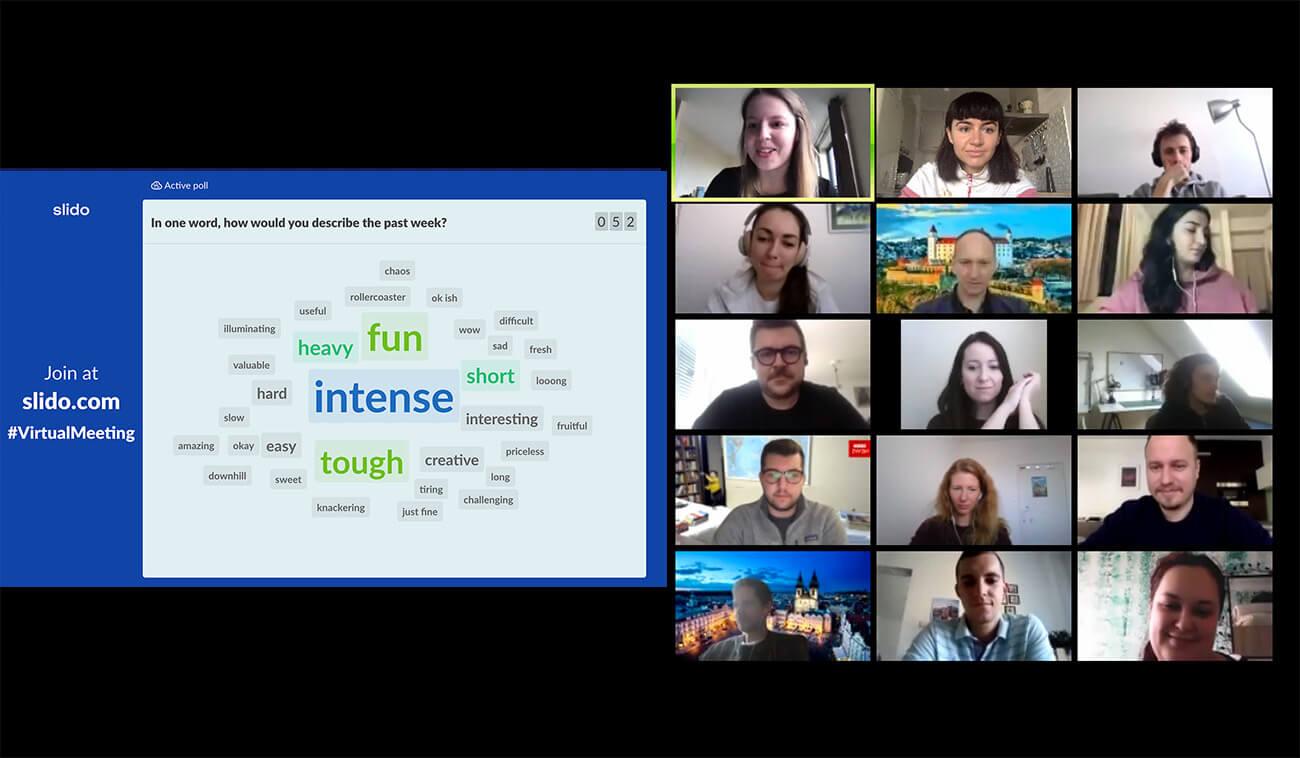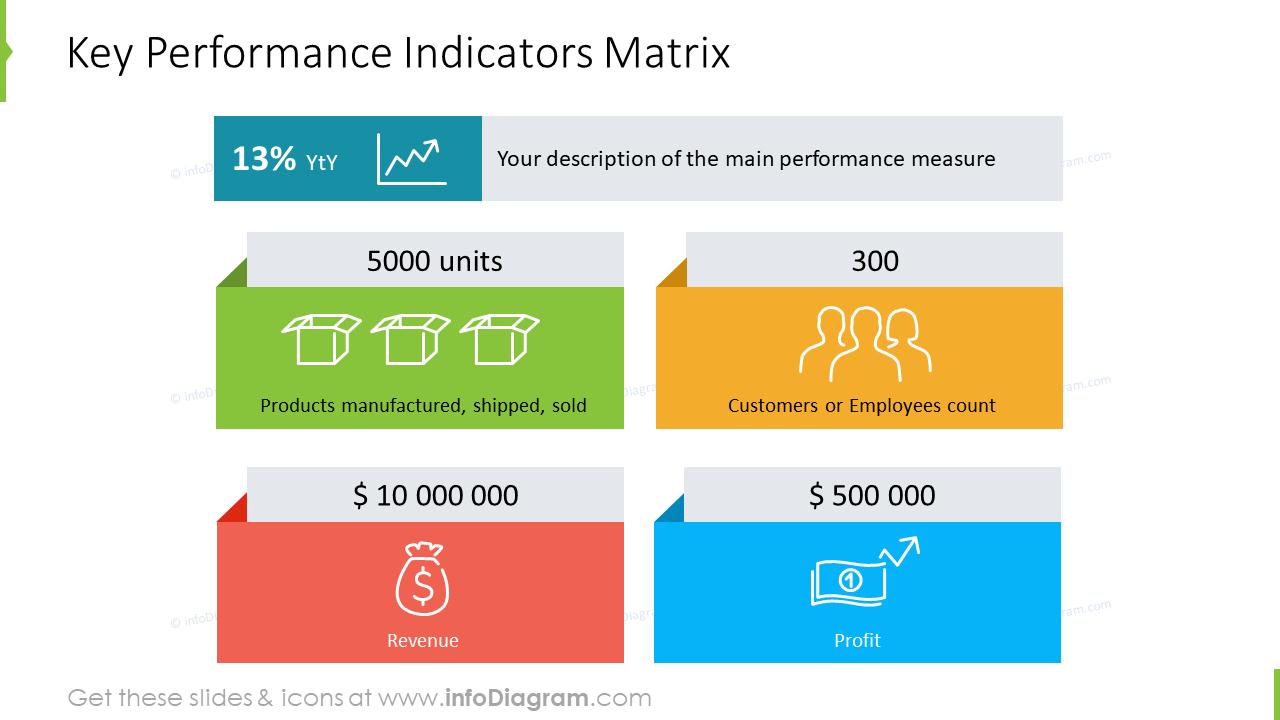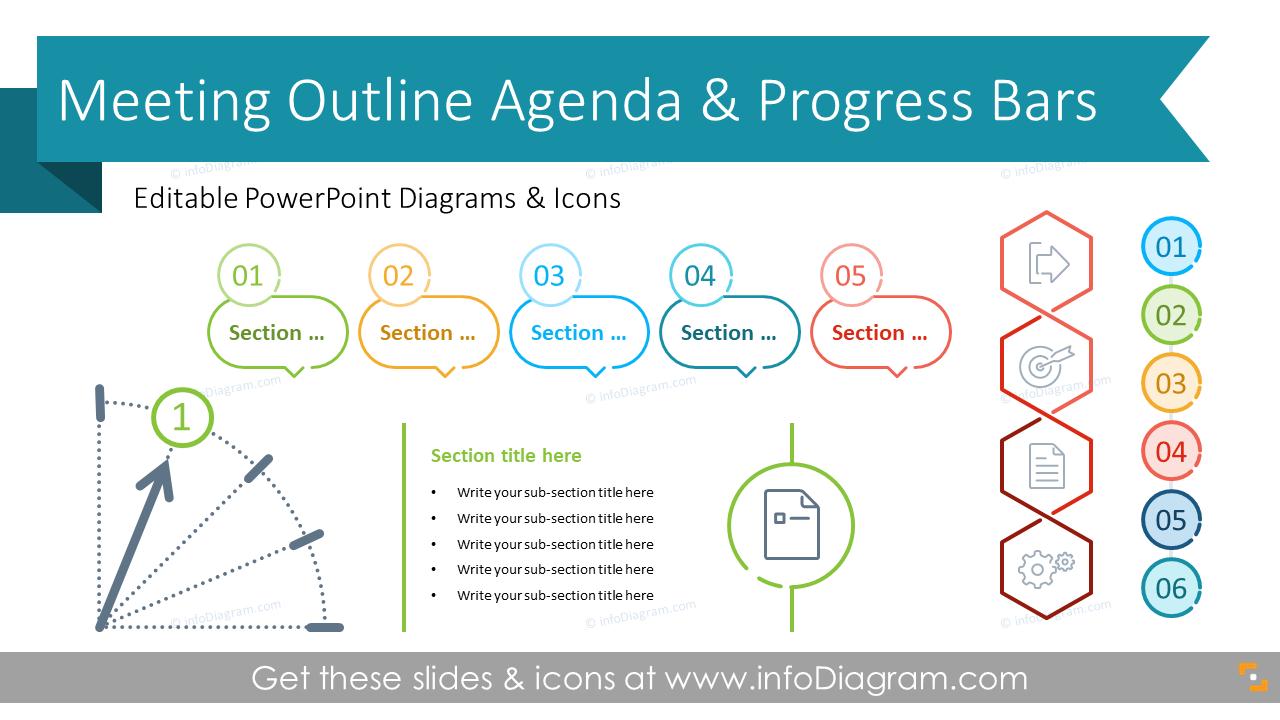Using the Generative Pre-trained Transformer (GPT) architecture as its foundation, OpenAI created the artificial intelligence chatbot ChatGPT. Text generation is its principal function, with the interpretation of context to generate relevant and coherent responses. With its impressive language translation, question-answering, text summarization, and creative writing capabilities, ChatGPT has become a popular choice among those interested in conversational AI models.
Furthermore, ChatGPT can assist participants in many ways, including generating new ideas, asking questions, taking notes at the end of the meeting, planning future agendas, and more. This makes it a useful tool for team meetings in almost any industry. This article discusses how businesses can utilize ChatGPT to hold online meetings with their teams.
Benefits of Using ChatGPT
Benefits of ChatGPT include the following:
- Instantaneous response generation is a key feature of ChatGPT.
- ChatGPT can be an invaluable tool when time is the essence, as it accomplishes the same amount of work in one-tenth of the time it would take to do it manually.
- Additionally, it can automate repetitive tasks like data entry or classification, allowing your team to focus on higher-priority projects, and it can generate ideas and content.
This technology enables chatbots to understand consumer inquiries precisely and deliver in-depth responses nearly instantly. Customer service departments benefit from their accuracy and faster response times than traditional call centers.
Techniques for Holding Online Meetings with ChatGPT
Below are the techniques for conducting online meetings with ChatGPT. Let’s know them in detail:

● Think of Fresh Concepts
Presenters can utilize ChatGPT to develop fantastic ideas while conducting virtual meetings. Presenters can use AI to enhance their talks. They can open an AI tool in a separate window and ask it to provide intuitive ideas about the subjects. Meeting participants can then debate these ideas after the presenter has passed them along. Furthermore, ChatGPT can offer fresh viewpoints on subjects, which could lead to more effective problem-solving.
● Possible Inquiries
Since there is less opportunity for interaction and participants cannot readily go through each other’s body language, participating in a virtual team meeting can be more challenging than attending a face-to-face meeting. As a consequence, presenters face the risk of having their entire talks disrupted by unanticipated questions from team members.
ChatGPT does an excellent job of predicting the majority of questions that attendees may have for presenters in online meetings. For this to function, the presenters must furnish ChatGPT with all the essential meeting details, including agendas and subject matters.
Once the presenters have entered this data, they instruct ChatGPT to generate a list of potential questions that attendees can ask during their online gatherings. More than that, the language model can answer the potential questions—though they may not be of the highest quality.
● Concisely Evaluate Meeting Minutes
Even though meeting facilitators know everything they said, they might need help remembering who said what, especially if the meeting is on a large scale. Even though it would take much time, speakers can read the full transcript.

The AI chatbot can summarise meeting transcripts, saving time for team leaders. Presenters simply need to upload their transcripts and request ChatGPT to condense them to a certain word count. Team leaders who need to accurately and swiftly summarise online meetings will find ChatGPT invaluable. It can condense lengthy paragraphs of text into a few simple sentences.
Team members and other employees can utilize ChatGPT to create summaries of online meeting discussions. Presenters can instruct ChatGPT to bullet point the main points to make things even easier to read.
● Assist in Decision-Making
Making a decision is one of the main points of any team meeting. Therefore, virtual teams must share their ideas, evaluate each other, and use their information to make the most informed decisions about company management. After teams have settled on ideas and provided a summary, they must document their choices.

● Strengthen Interactions
Enhancing team communication is another benefit of using ChatGPT. Improved teamwork and decision-making can occur when virtual meeting minutes are clear and concise, allowing all team members to attend fully informed.

● Figure Out What To Do Next
Following the team meeting minutes, it is essential to include the next steps the company should take to avoid confusion in the future. The person responsible for taking minutes can feed the meeting’s transcript into ChatGPT and then use the AI chatbot to get advice on what to do next. At that point, ChatGPT will detail every subsequent step.
● Alternatives for ChatGPT
Your job description and original intent for using ChatGPT will dictate the exact capabilities you’re looking for in a replacement. A marketing professional may find an AI content generator useful. An artificial intelligence code tool could be useful for software developers. Additionally, AI that allows us to work more efficiently is something that nearly everyone could use.
While evaluating your alternatives to ChatGPT, remember the following features to choose the best AI tool: Plugins, use cases, auto-completion, and natural language processing (NLP).
Conclusion
Businesses across all sectors and geographies embrace virtual team meetings to keep in touch with their remote workers. Having productive meetings, though, can be challenging. To help organizations run virtual team meetings more efficiently and effectively, ChatGPT generates agendas for future meetings, summarises meeting transcripts, collects employee feedback at the end of each meeting, and more. It also predicts team members’ questions and provides relevant answers.
Next Read:
Google Gemini vs OpenAI ChatGPT: A Comparison of Two AI Chatbots






Leave a Reply